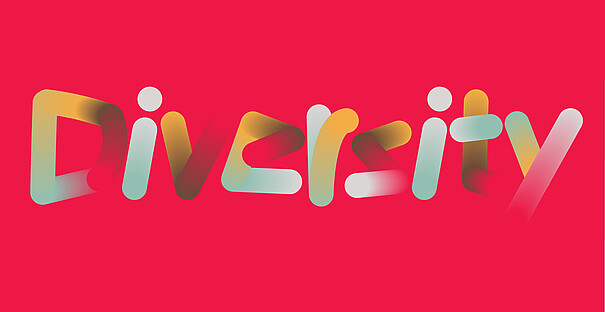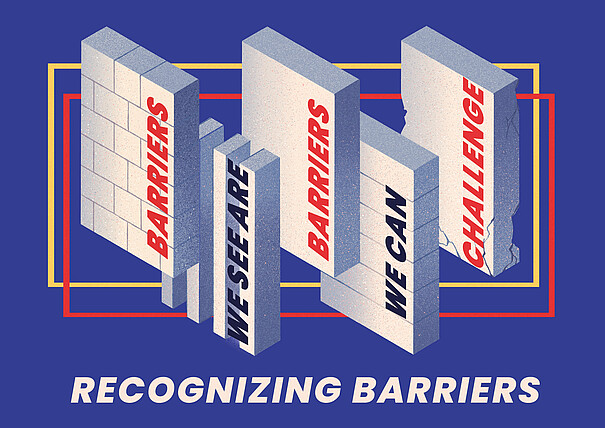
Contact & Support
We are here to advise and support you if you have any questions regarding critical diversity, empowerment and intersectional anti-discrimination.

We are here to advise and support you if you have any questions regarding critical diversity, empowerment and intersectional anti-discrimination.
![[Translate to English:] [Translate to English:]](/fileadmin/_processed_/e/5/csm_Pink_Dots_6919e8c6dc.jpeg)
Workshops and events on critical diversity, empowerment and intersectional discrimination (UdK internally)
![Photography Workshop - 2 [Translate to English:]](/fileadmin/_processed_/9/1/csm_Letstalk_82925aedab.jpg)
Workshops and events on critical diversity, empowerment and intersectional discrimination (UdK internally)

Don't miss: The action day "Recognizing Barriers" will focus on critical voices and empowering strategies for challenging systemic discrimination.